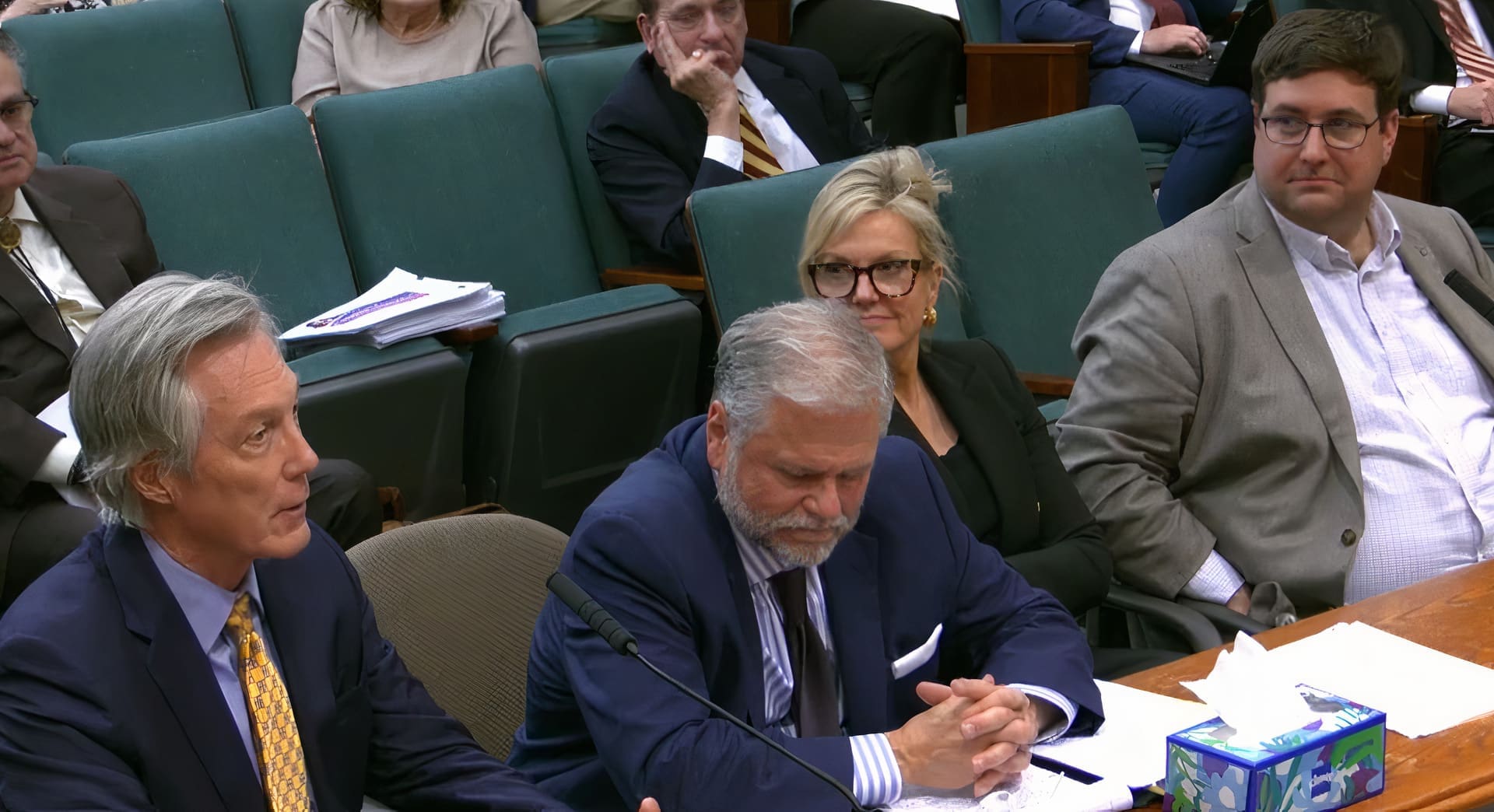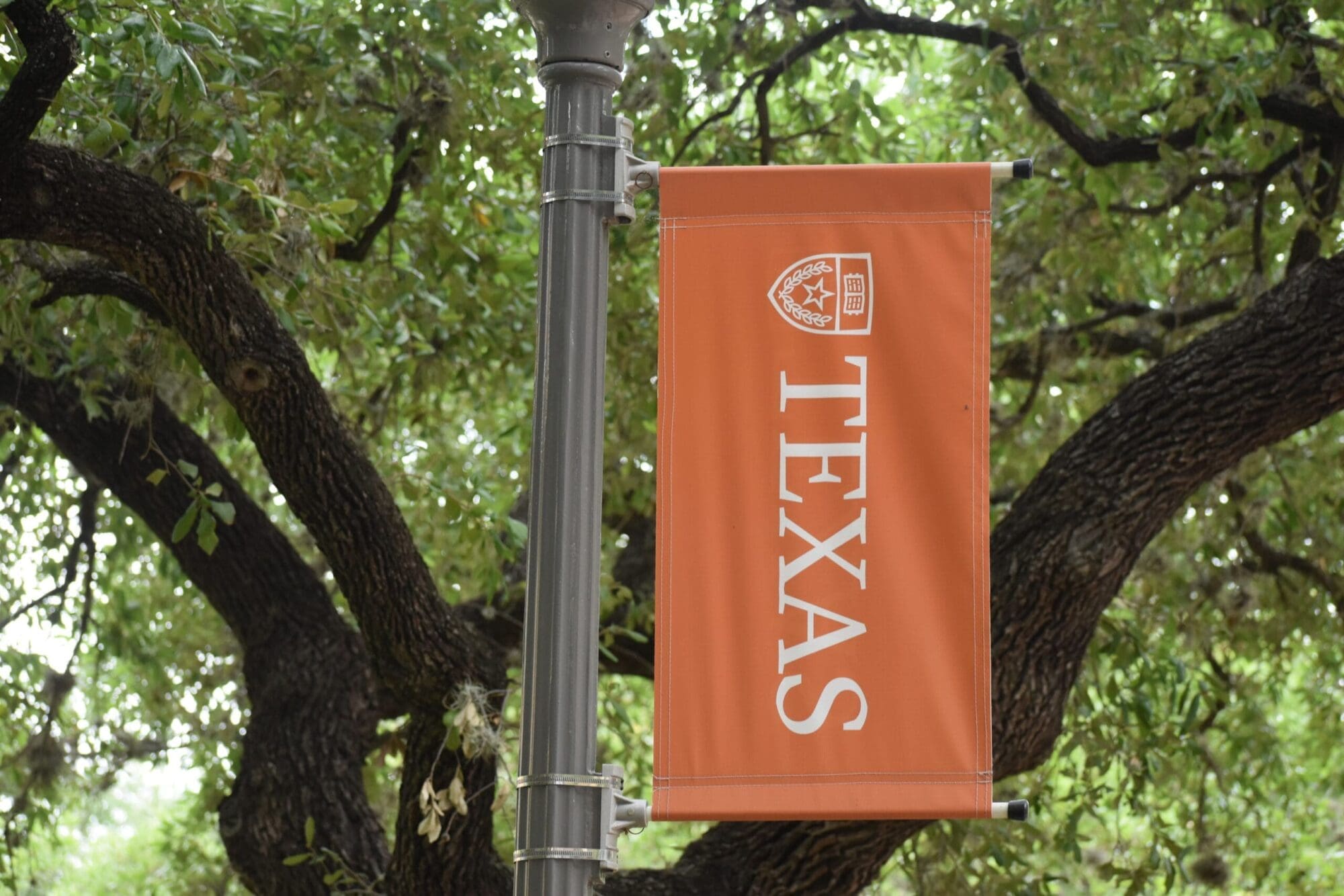Lawmakers are considering legislation in committee that would cut into a state law protecting citizens from predatory lawsuits and would advantage the entities seeking them.
House Bill 2988, filed by State Rep. Mano DeAyala (R-Houston), was taken up in the House Committee on Judiciary and Civil Jurisprudence on Wednesday.
DeAyala’s measure would remove the automatic recovery of attorney’s fees that citizens are entitled to if a court deems certain lawsuits pursued against them to be unreasonably burdensome.
The lawsuits in question are known as strategic lawsuits against public participation, or SLAPP.
SLAPP suits can come about when a vengeful individual or entity with greater resources seeks to silence the free speech of a citizen dissenter, often through defamation or libel suits.
Currently, a law passed by the Texas Legislature in 2011, known as the Texas Citizens Participation Act, aims to protect citizens from frivolous lawsuits and allows victims to recover attorney’s fees if their suits are dismissed under the TCPA.
DeAyala’s proposal would change the process to give trial courts the authority to award attorneys’ fees to either party as they deem “equitable and just,” even if the initial lawsuit is dismissed.
“The TCPA was intended to be a shield against bad lawsuits,” said DeAyala before the committee on Wednesday. “However, for years, the TCPA has been misused as a procedural weapon—a sword—creating more, not less, unnecessary and costly litigation.”
Testifying in support of the measure was Texans for Lawsuit Reform General Counsel Lee Parsley. TLR is one of the most well-funded interest groups in Texas and has a long history of pushing to hamper the TCPA.
“If you’re going to create a right to sue, you ought to create a right for … either party who wins the case to recover their attorney’s fees,” said Parsley.
A representative for the Texas Association of Broadcasters testified against HB 2988 on Wednesday.
“This statute would not even the playing field, but would create an upside for a plaintiff that is abusing the law by bringing a lawsuit for the purpose of crushing the speech rights of the defendant,” said Stacy Allan, counsel for the state’s largest media advocacy organization.
HB 2988 also creates “an opportunity … if the defendant fails to meet the level that’s required to win the anti-SLAPP motion, for the plaintiff’s counsel and the plaintiffs to then recover their attorney’s fees,” he continued.
According to Allan, the proposal would essentially render the TCPA useless and discourage small media organizations and ordinary individuals from fighting the lawsuits.
Tony McDonald, a Fort Worth-based attorney who specializes in First Amendment cases, testified against HB 2988 and said that TCPA protections have been crucial in helping him defend his clients.
“I was blown away when I saw this bill filed. I came out and said, ‘This is the worst bill of the session.’ And why? Because it gives trial courts unilateral discretion, which is dangerous, and it allows the SLAPP bullies to get their fees,” said McDonald.
“If this were to pass as filed, it would absolutely destroy any ability of a lawyer like me or any citizen to rely on this act,” he added.
State Rep. Jeff Leach (R-Allen), the committee’s chairman, brought up his own personal experience of dealing with SLAPP lawsuits.
“I was sued by an individual in Parker County, and I hired great counsel and asserted my TCPA defenses and have won at every stage, have been awarded my attorney’s fees at every stage, which now are totaling nearly $300,000 that I’ve had to pay,” said Leach.
McDonald told Leach that his story shows how the TCPA should not just be protected from being scaled back, but should actually be expanded.
“The idea of a third-party funder putting up a plaintiff to file a lawsuit on their behalf … I’ve got another case where that has happened. And it’s got me looking into what we could do,” said McDonald.
Parsley and Allan entered a back-and-forth on DeAyala’s measure after the panel provided its initial remarks, with the two specifically debating whether HB 2988 should do more to support defendants.
“[HB] 2988 makes it possible for the bad guy—the plaintiff who is after you, trying to suppress your speech, and trying to suppress your rights—to get their fees,” argued Allan.
“If he’s a bad guy, he ain’t gonna get his fees,” Parsley shot back.
Allan then pointed out that judges have the discretion to throw a TCPA challenge out on the grounds that it was brought in an “improper” manner. However, he stressed, what is considered improper is “not defined.”
McDonald jumped into the discussion by warning that pro-life groups are already under threat of being selectively prosecuted in courts that are unfavorable to them, and HB 2988 could make it harder for them to get proper justice.
The TCPA is necessary, explained McDonald, because “we’ve got a SLAPP suit problem in Texas.”
“These suits are getting filed all over the place. … [TCPA] involves tradeoffs, okay. It’s a tradeoff. It is an obstacle in lawsuits, right? And we don’t want to make it some horrible barrier for real, legitimate lawsuits,” said McDonald. “But we have to protect the people it’s intended to protect.”
Andrew McVeigh, president and CEO of Texans for Fiscal Responsibility, testified against DeAyala’s measure, contending that it would weaken “an important tool” Texas residents have to defend their First Amendment rights.
“From a taxpayer standpoint, this bill also opens the door to more court costs, including for government entities that may be pulled into these cases. Every dollar spent on groundless lawsuits is a dollar not spent on essential services or returned to taxpayers in the form of tax relief,” said McVeigh.
HB 2988 is not the only measure supported by TLR that would revoke protections for citizens.
The group also supports Senate Bill 336, filed by State Sen. Bryan Hughes (R-Mineola), and its House equivalent, HB 2459 by Leach, which would further cut into First Amendment protections found in the TCPA.
DeAyala’s measure was left pending in committee until a later date.





